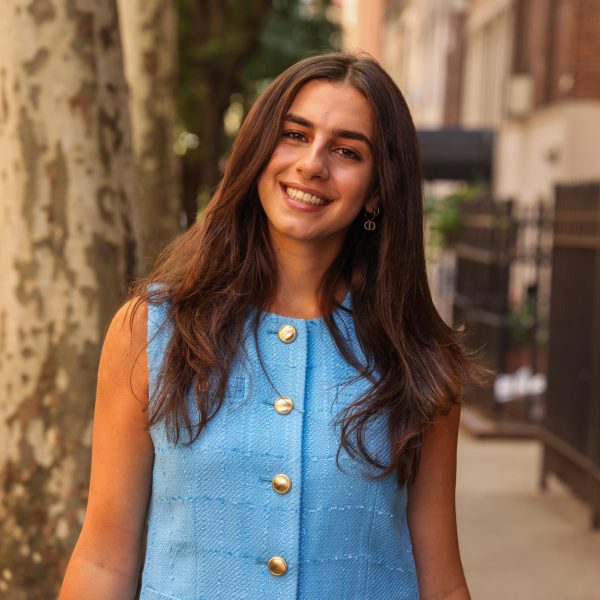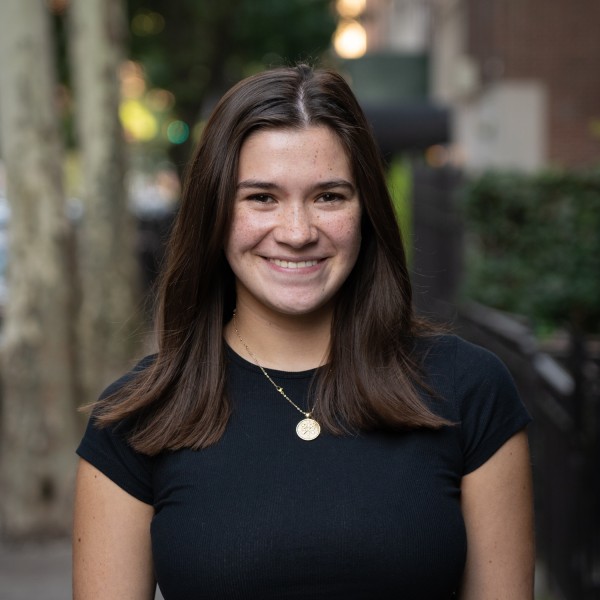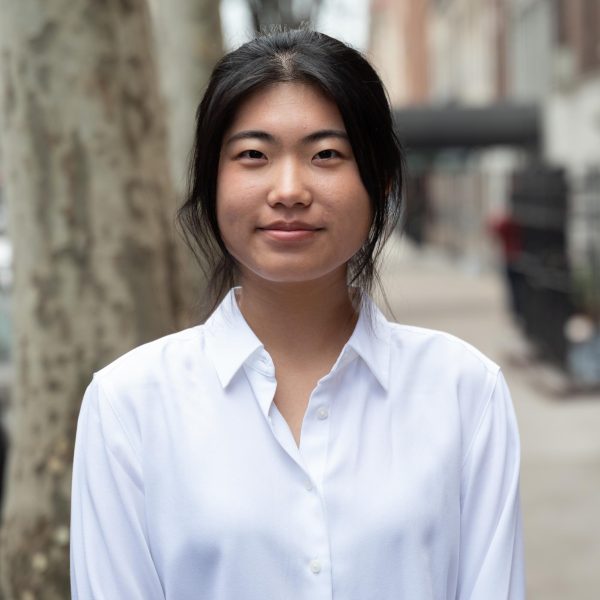Legislation recently proposed by state lawmakers could change the way NYU pays its taxes, stripping it of long-standing privileges that have allowed it to save over $100 million on property taxes in recent years. The bill, which was announced Tuesday, would remove NYU and Columbia University’s property tax exemptions, and reroute the money to the public City University of New York system.
Both universities, which operate as nonprofits, saved $327 million combined on property taxes this year due to exemptions. In a statement on Wednesday, NYU spokesperson John Beckman said that property taxes would be “extraordinarily disruptive” to the university’s operations and the “well-established mechanisms of support that NYU provides to every level of New York government.” Beckman also said that NYU’s property tax exemptions are the result of over 200 years of New York state law, and not something it “actively sought.”
“To choose two charitable, nonprofit organizations out of the thousands in the state and compel them to be treated like for-profit entities certainly strikes us as misguided and unfair,” Beckman wrote. “Today, we are a partner in addressing long-standing needs. If this were to change, we would be forced to rethink much of the way we operate.”
In an analysis of the city’s map data, WSN found that property owners whose names included “New York University” owned over 12 million square feet of land in New York City. The university is also one of the 10 largest landowners in the city — in 2018, its real estate assets were worth about $15 billion. Currently, the university pays around $15 million annually in property taxes for spaces that are not a part of its “scholarly mission,” such as spaces it leases out, according to the statement.
Under state law, nonprofits do not have to pay taxes for properties they use for their primary function, which for NYU is education. The university can use its properties for classroom space, administrative offices, student housing and faculty apartments in order to qualify for the tax exemption, and university-owned land that is under construction can also be included depending on its planned use.
If NYU did not have a tax exemption for its properties, the university would have had to pay $142 million in property taxes last year, according to New York state assemblymember Zohran Mamdani, who proposed the bill. Mamdani said NYU’s tax exemption could cover 100 days of trash collection and more than 1,600 new teachers for the city.
“At a time when CUNY faces budget cut after budget cut and is in a constant state of disrepair, Columbia and NYU — two of the largest property holders in NYC — are exempted from paying property taxes,” Mamdani said. “It’s time that these institutions pay their debts to the working class of New York City.”
In NYU’s statement, Beckman also noted the university’s contributions to the city, such as through its Prison Education Program and its role in helping migrants submit applications for asylum. Beckman said NYU employs thousands of city residents, who collectively pay over $100 million in payroll taxes each year, and that 75% of students that graduate from the university stay in New York City, which he said is “contributing significantly to providing a highly-educated workforce for the city.”
Other cities on the East Coast, such as Boston and Providence, use payments in lieu of taxes programs — also called PILOT programs — to help make up for the financial impact of tax breaks. Programs like this allow tax-exempt institutions to provide cities with voluntary financial contributions. For example, instead of paying about $50 million in property taxes, Brown University will donate around $4.5 million to the city of Providence this year through voluntary payment agreements.
In an interview with WSN, New York state Sen. John Liu — who also proposed the bill and is the chair of New York City’s Education Committee — said the legislation could help recover hundreds of millions of dollars for New York City residents and CUNY students, especially in light of the budget deficits facing New York’s public university systems. He also said it would help discourage the universities from buying more property in the city.
“While I understand that universities would like to continue to have these tax breaks, as a matter of public policy, these scarce resources can be better utilized in the City University of New York,” Liu said.
This past fiscal year, CUNY faced city budget cuts amounting to $155 million, leading to 235 faculty and staff positions being lost. In the last New York state budget, Gov. Kathy Hochul allocated $5.7 billion to the CUNY system, including a $642.7 million increase in its capital funding and a $94 million increase in its operating budget.
Noah Gardy, a spokesperson for CUNY, said the public university system doesn’t comment on bills “that deal with where the revenue for CUNY should come from,” and that it is grateful for the state and city’s “continued support.”
Contact Adrianne Nehme, Krish Dev, Maisie Zipfel and Mikaylah Du at [email protected].


























































































































































